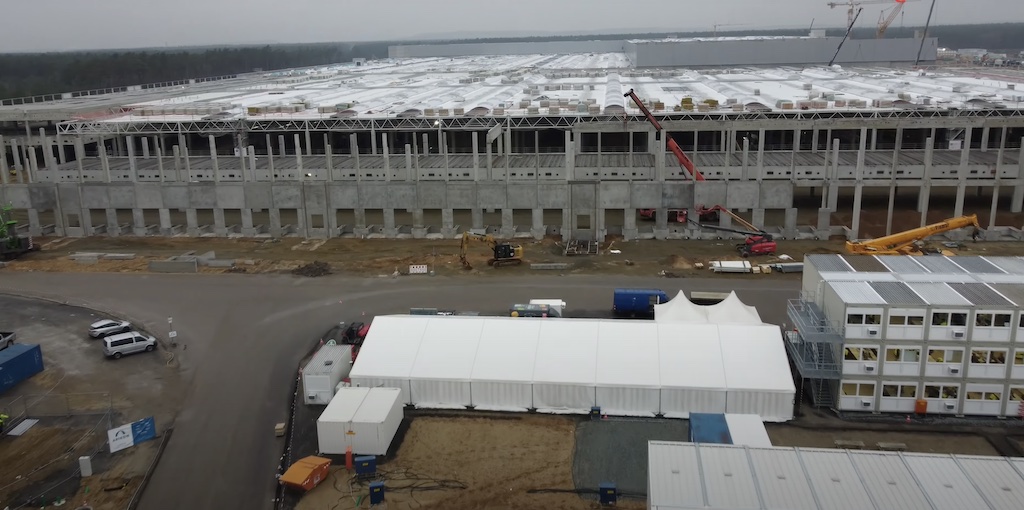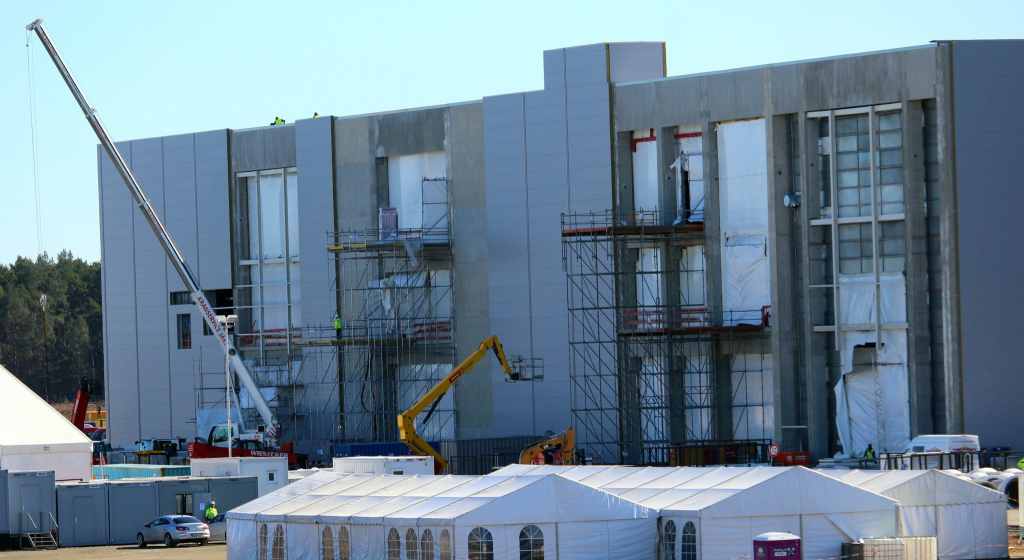The Tesla factory in Europe has suffered some unforeseen events that have jeopardized the ambitious schedule intended to start production this next summer. But now, the brand has indicated that the deadlines remain intact and that this spring, they will begin to the production lines to complete the first tests.
According to the German media, the factory’s final environmental approval, which has to be granted by the State of Brandenburg, has yet to be sealed. According to the information, something could occur at the end of March or the beginning of April.
Despite this, Tesla’s strategy of opting for a construction format by individual steps with advance approval would have facilitated the project’s acceleration, something that would have allowed at the same time to compensate the delays due to the different stoppages to adapt to the initially planned plan.

At the moment, according to the documents provided by the state, two advance approvals are still pending. According to the Brandenburg Ministry of the Environment, a request from the beginning of February deals with removing the top layer of the soil and the leveling of the ground. The other, a request from the end of February, concerns the construction of underground lines.
To this are added the complaints of some neighbors and environmental groups, who have submitted documents to examine the impact of construction in the area and the plant’s water consumption, which could be more significant than expected if it also builds a battery production facility as planned and which will come into operation in 2023.
But according to experts, it seems that everything is well underway and that finally, Tesla will be able to start the first production lines before the summer to have everything ready for the start of the manufacture of its first models throughout July. Something that would allow it to face the last quarter of the year with Giga Berlin’s contribution, which will join the plant in Fremont, California, and Shanghai, China.
Three facilities that Tesla hopes will allow them to reach about 800,000 units this year, to exceed one million units for the first time in 2022.

